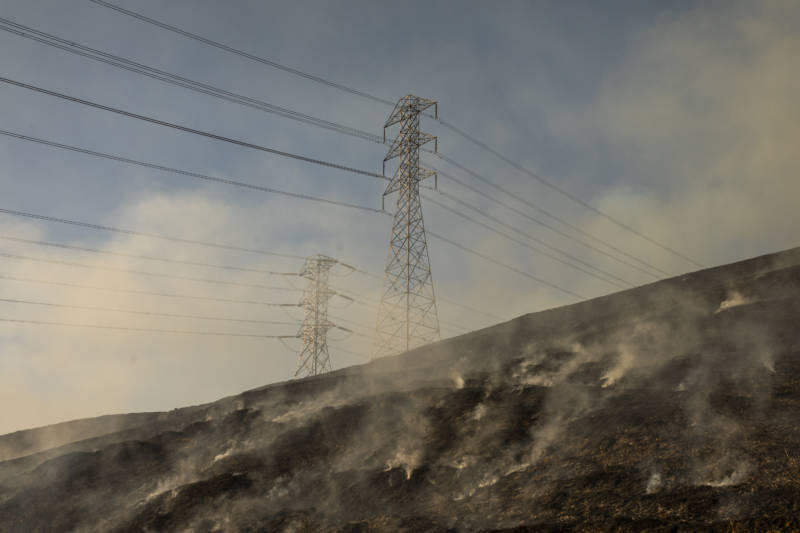A judge overseeing PG&E's bankruptcy is tentatively rejecting the utility's efforts to use a trust set up for Northern California fire victims to pay off its criminal fines.
The controversial approach is slated to be taken up at a bankruptcy hearing on Tuesday, but U.S. Bankruptcy Judge Dennis Montali indicated his thinking in an interim order issued Saturday.
"Some things not only have to be right, but they have to look right," Montali wrote. "Telling fire victims that their money will be used to pay criminal fines and penalties does not look right even if digging through the [settlement agreement or bankruptcy] plan would lead to that literal result."
"This not only looks wrong, it is wrong," Montali continued.
A PG&E spokesperson said the utility intends to provide the necessary context in a discussion with the judge at Tuesday's hearing.

